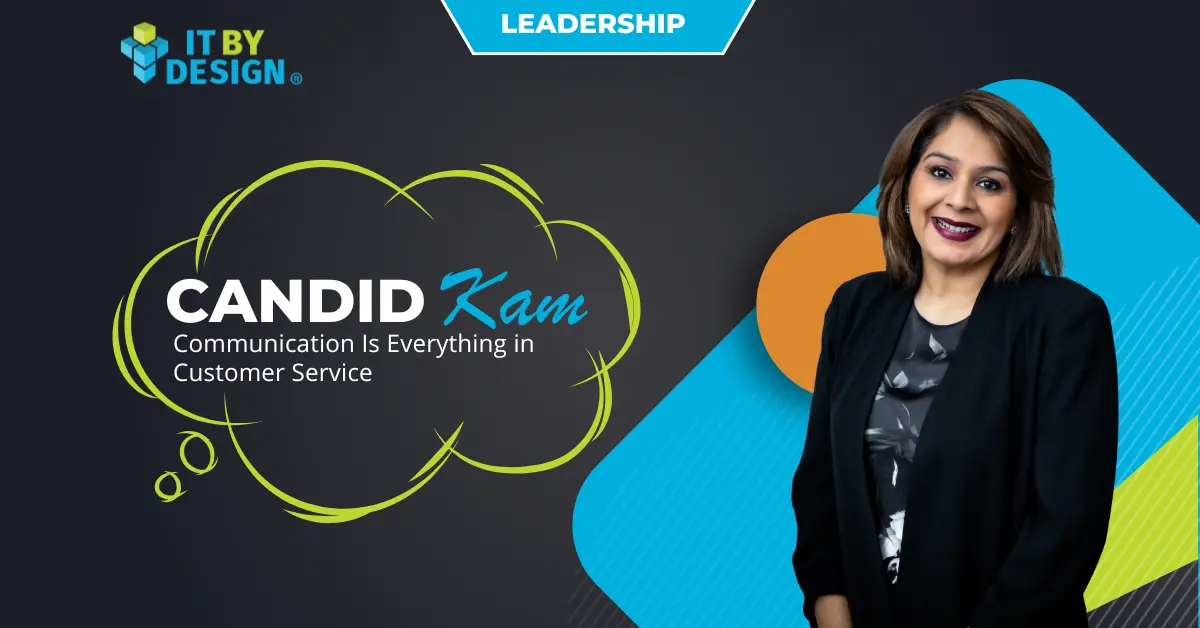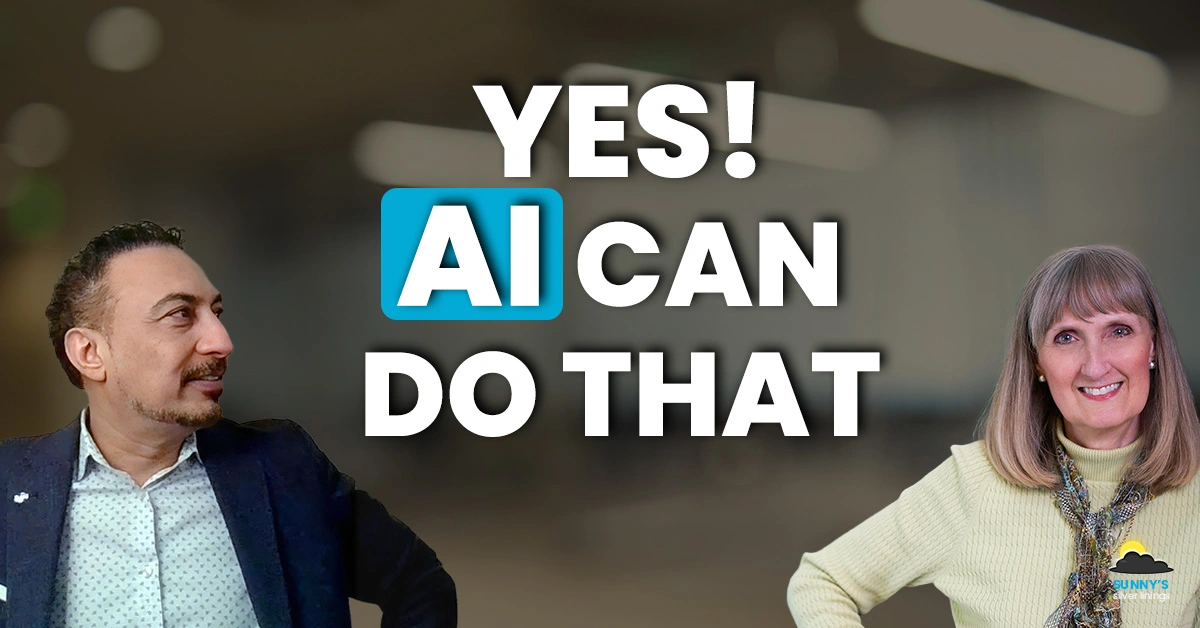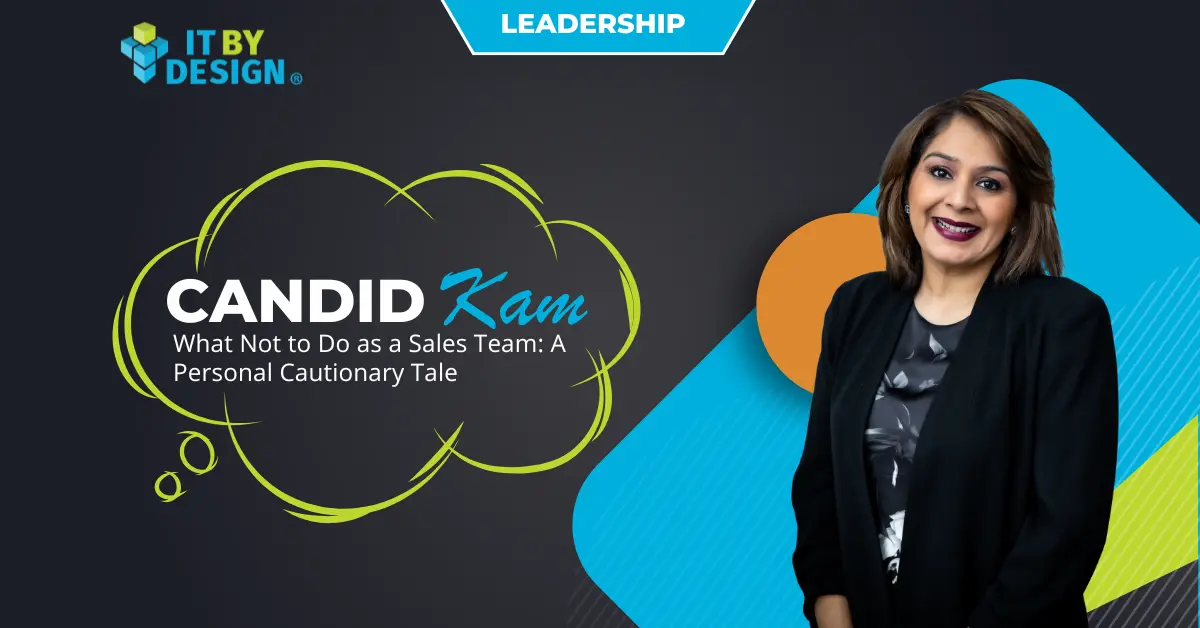As we reflect on 2024, the workplace landscape continued to evolve rapidly, shaped by emerging technologies, shifting market dynamics, and changing employee expectations. Insights from a recent survey highlighted the key skills employees and employers believed were essential for success in the next three years. Leaders who recognized these trends and adapted their strategies laid the foundation for building empowered, future-ready teams.
The Top Skills for the Future
Both employees and employers agreed on the critical importance of leadership and managerial skills (42% and 53%, respectively) and creative skills (42% and 50%). These skills remained at the core of driving innovation and steering teams through change. Additionally, the ability to upskill and adapt to market changes (32% and 44%) emerged as a vital competency for navigating uncertainty.
Interestingly, while employers prioritized “role-related AI expertise” (29%), employees saw it as a lower priority (23%), suggesting a perception gap in how artificial intelligence would impact roles. This presented an opportunity for leaders to align their teams’ understanding of AI’s potential while emphasizing the broader skill set required for success.
What Leaders Did in 2024
Throughout 2024, effective leaders prioritized preparing their workforce for the future by fostering a culture of continuous learning and adaptability. Here are three key steps many leaders took:
- Focused on Leadership Development: Recognizing the importance of leadership and managerial skills, organizations invested heavily in intentional leadership programs. Mentorship initiatives, decision-making workshops, and cross-functional collaboration opportunities became integral parts of development plans.
- Encouraged Creativity Across Teams: Creativity proved to be a competitive advantage. Successful leaders created environments that rewarded experimentation, encouraged out-of-the-box thinking, and empowered teams to innovate.
- Bridged the AI Skills Gap: In 2024, leaders worked to demystify AI for their teams. While technical AI expertise was relevant for some, the focus shifted to helping employees integrate AI tools effectively into their workflows.
Looking Ahead to 2025
As we look toward 2025, leaders must build on the groundwork laid in 2024 by aligning workforce development with broader organizational goals. Here’s how to stay ahead:
- Embrace Continuous Upskilling: Make reskilling and upskilling part of your organization’s DNA. Leverage partnerships with educational institutions and online platforms to keep skills relevant.
- Prepare for Market Shifts: Encourage teams to stay attuned to industry trends and adapt their skills proactively. Equip them with tools and mindsets that thrive on change.
- Build AI-Ready Teams: Move beyond AI training to integrate AI-driven insights into decision-making processes. The leaders who succeed will position AI as an enabler, not a disruptor.
As we enter 2025, the leaders who prioritized adaptability, creativity, and empowerment will be best positioned to navigate change successfully. The future of work isn’t just about being ready for what’s next—it’s about thriving in it.
What steps are you taking to build on your 2024 successes as you prepare for 2025?








